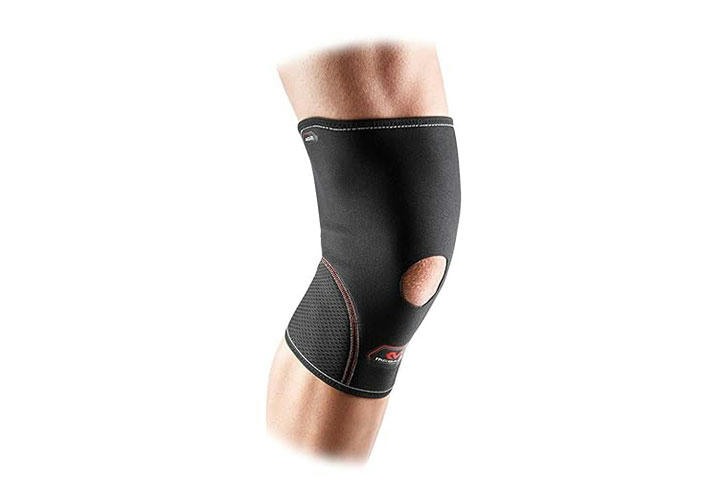How Much Does Knee Surgery Cost?
Knee surgery can be a daunting prospect, but for many, it’s a necessary step toward reclaiming mobility and reducing pain. Whether you’re considering surgery for a torn ligament, arthritis, or another issue, understanding the costs, precautions, and post-operative care can help you prepare for this important journey.
Understanding the Costs of Knee Surgery
The cost of knee surgery can vary widely depending on several factors, including the type of surgery (arthroscopy, total knee replacement, etc.), your location, and whether you have insurance. Here’s a general breakdown:
Arthroscopic Surgery: This minimally invasive procedure typically ranges from $3,000 to $10,000.
Total Knee Replacement: This more extensive surgery can cost anywhere from $30,000 to $60,000 or more, depending on the facility and region.
Insurance: Most insurance plans like Medicare will cover a significant portion of the costs, but be sure to check your specific policy for details regarding deductibles and copays.
Important Precautions Before Surgery
Preparing for knee surgery involves more than just showing up on the day of the operation. Here are some important considerations:
1.Consultation: Schedule a thorough consultation with your orthopedic surgeon to discuss your specific condition, surgical options, and expected outcomes.
2.Pre-Operative Instructions: Follow any pre-operative guidelines provided by your doctor, including dietary restrictions and medication adjustments.
3.Health Assessment: Ensure that you undergo any necessary health assessments, such as blood tests or imaging studies, to confirm that you’re ready for surgery.
Post-Operative Care
After knee surgery, proper care is crucial for a successful recovery. Here are some key care tips:
1.Follow-Up Appointments: Attend all scheduled follow-ups with your surgeon to monitor healing and address any concerns.
2.Physical Therapy: Engage in physical therapy as recommended. A physical therapist can guide you through exercises that promote strength and flexibility.
3.Pain Management: Take prescribed medications as directed to manage pain and reduce inflammation. Over-the-counter options, like ibuprofen, can also be effective.
4.Rest and Elevation: Rest your knee and keep it elevated, especially during the first few days post-surgery. This helps reduce swelling and promotes healing.
5.Ice Therapy: Applying ice packs to the knee can alleviate pain and swelling. Aim for 20-minute intervals, several times a day.
Recommended Products for Relief
To support your recovery and manage discomfort, consider these products:
1.Knee Braces: A quality knee brace, like those from McDavid or Bauerfeind, can provide support during your rehabilitation.
View On Amazon2.Ice Packs: Reusable gel ice packs, such as those from FlexiKold, are great for managing swelling and pain.
View On Amazon3.Compression Sleeves: Knee compression sleeves can help improve circulation and provide gentle support during the healing process.
View On Amazon4.Pain Relief Creams: Topical treatments like Biofreeze or Bengay can offer temporary relief from soreness.
View On AmazonFinal Thoughts
Knee surgery can be a life-changing procedure that opens the door to a more active and pain-free lifestyle. By understanding the costs involved, taking the necessary precautions, and following through with post-operative care, you can set yourself up for a successful recovery. Remember, it’s important to consult your healthcare provider throughout this process to address any concerns and tailor your care to your specific needs. With the right approach and support, you’ll be back on your feet in no time!




